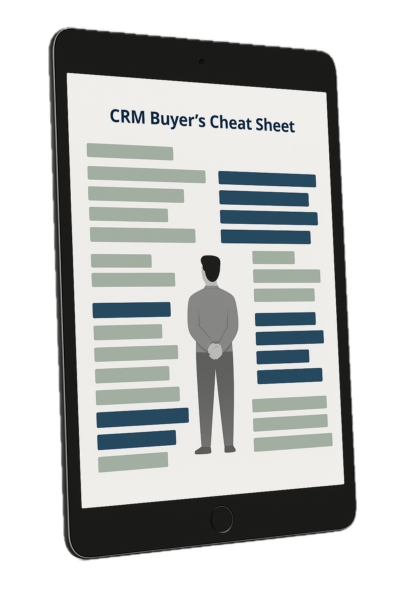CRM (Customer Relationship Management) technology has become a requirement for quality customer service in today’s fast-paced digital environment.
By deploying CRM solutions, businesses unlock the potential to meet and exceed customer expectations, ensuring satisfaction and loyalty.

Introduction to CRM in Customer Service
CRM systems provide a comprehensive platform for managing all customer interaction and service aspects.
From streamlined communication channels to personalized customer experiences, CRM tools empower businesses to maintain organized, efficient, and customer-centric operations.
Key Features of CRM for Enhanced Customer Service
Centralized Customer Data
CRM systems centralize customer information, providing a unified view of customer interactions, preferences, and history.
This centralization enables service teams to deliver informed, consistent, and personalized service across all touchpoints.
Omnichannel Support
Modern CRM solutions offer omnichannel support, allowing businesses to engage with customers via their preferred channels, including email, social media, live chat, and phone, ensuring a seamless and integrated customer experience.
Automated Service Processes
Automation within CRM systems streamlines service processes, from ticket routing to response management. Automation ensures timely and efficient resolution of customer inquiries, reducing wait times and improving satisfaction.
Self-service Portals
CRM-powered self-service portals offer customers 24/7 access to information, troubleshooting guides, and FAQs, empowering them to find solutions independently and reducing the load on service teams.
Advanced Analytics and Reporting
CRM tools come equipped with advanced analytics and reporting features. These insights enable businesses to monitor service performance, identify trends, and continually make data-driven decisions to enhance service quality.
CRM Solutions Spotlight: Salesforce and Microsoft Dynamics
Salesforce Service Cloud
Salesforce Service Cloud provides extensive customer service tools, from case management to social media integration, facilitating effective customer engagements across various channels.
Microsoft Dynamics 365 Customer Service
Microsoft’s Dynamics 365 Customer Service offers robust service capabilities, including real-time collaboration tools and comprehensive analytics, to support personalized and efficient customer service operations.
Impact on Customer Retention
The implementation of CRM in customer service significantly impacts customer retention by providing timely, effective, and personalized service. Satisfied customers are likelier to remain loyal, advocate for the brand, and contribute to a positive reputation.
CRM technology is indispensable for businesses aiming to elevate their customer service.
By leveraging CRM systems, companies can better understand their customers, streamline service operations, and deliver exceptional experiences that drive satisfaction and loyalty.




